


In the story of redemption, God enters into our vulnerability. He does not keep bad things from happening even to himself – as the God-man.
.jpg)
The European Parliament building, with its circular auditorium for parliamentary gatherings, is built right over the Maalbeek-swamp. Recently the building was discovered to be sinking –about one centimetre each year.
.jpg)
Remember how 2020 was expected to be a watershed year? The hopes that Covid-19 would force lifestyle changes?
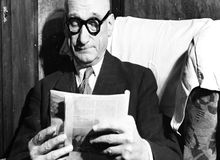
The ‘heroic virtues’ of Robert Schuman, were recognised by Pope Francis two years ago in the first stage of a long process towards canonisation.
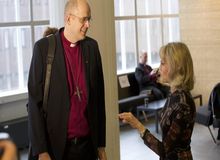
The Christian community as a whole needs to awaken to the intensity and pace at which secular intolerance is progressing.
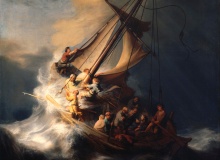
In the midst of our storms, whether global or local, universal or personal,we need to bring our anxieties to the One who rebuked the wind and the waves.
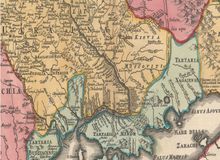
For Ukrainians, this is more than a minor issue of grammar. It involves the whole reason why Putin launched his misguided ‘special military operation’ in the first place.
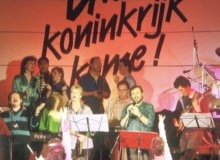
In Mission '87, Graham Kendrick and I shared the worship leading for the 10,000 young people coming from all corners of Western Europe and even a smattering from across the Iron Curtain.

TIME Magazine coined the phrase ‘Jesus Revolution’ to describe the sudden surge in young people turning to the Christian faith in the ’70s.
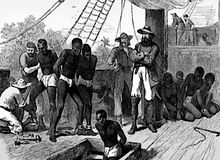
The shameful heritage of slavery is shared by both Protestant and Catholic countries in Europe. The Netherlands was one of the last nations to abolish it.
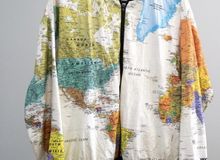
George was indefatigable, in prayer, in evangelism, in mobilisation, in fund-raising and in correspondence to fellow labourers around the globe.

Migration, hospitality and human rights are all issues of biblical concern touching on loving our neighbours.
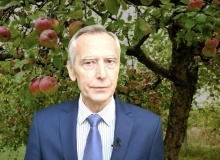
Freedom and peace have their roots. They are rooted in virtues of truth and justice.
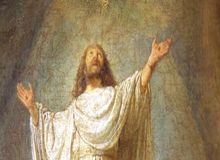
In some of Europe’s most secular countries like France, Sweden, Finland and the Netherlands, Ascension Day is a public holiday.
.jpg)
At the first Swedish Parliamentary Prayer Breakfast in Stockholm last week, parliamentarians heard an alternative to the popular secular narrative on the origins of Europe which marginalises God.

9 May marks the day in 1950 when France and Germany, laid down control of their war industries as a first step towards making war unthinkable.
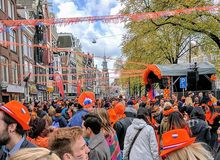
Last week it was the Dutch. This week it will be the Brits. Honouring their kings, that is.
.png)
Modern and post-modern perspectives held by (often) biblically-illiterate and spiritually tone-deaf art critics and curators ignore the gospel message of Rembrandt and Van Gogh.
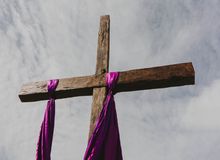
The cross became a symbol of healing, hope and resurrection for Europeans from east to west.
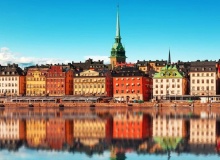
Europeans are mostly oblivious of the roots of the freedoms we enjoy, unaware of how much their foundations have already been undermined.
.jpg)
In 1972, a thousand young people from around the world joined YWAM’s first Olympic Games Outreach in Munich, with many continuing on into longer-term missions.
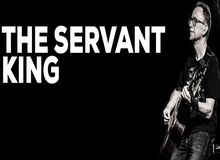
The song The Servant King is about the radical revelation of a God who came, ‘not be served but to serve’; and who calls us to do the same.
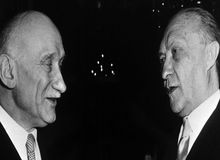
What role can faith communities in Europe today play in recovering foundations for sustainable, just and flourishing societies?
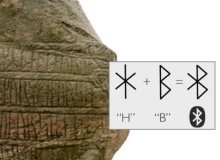
The cross, a gruesome execution instrument transformed into a symbol of hope, healing and hospitality, is still seen everywhere across Europe.
.jpg)
Perm is a mega-city, more populous than Amsterdam, built on the banks of the broad meandering Kama River, 1,400 km east of Moscow.

Las opiniones vertidas por nuestros colaboradores se realizan a nivel personal, pudiendo coincidir o no con la postura de la dirección de Protestante Digital.